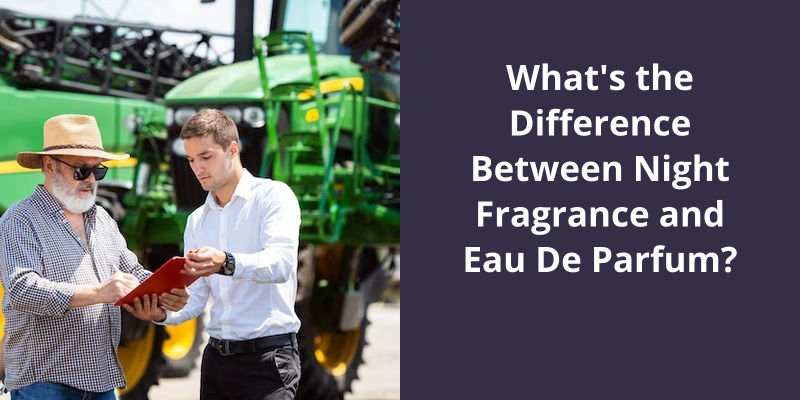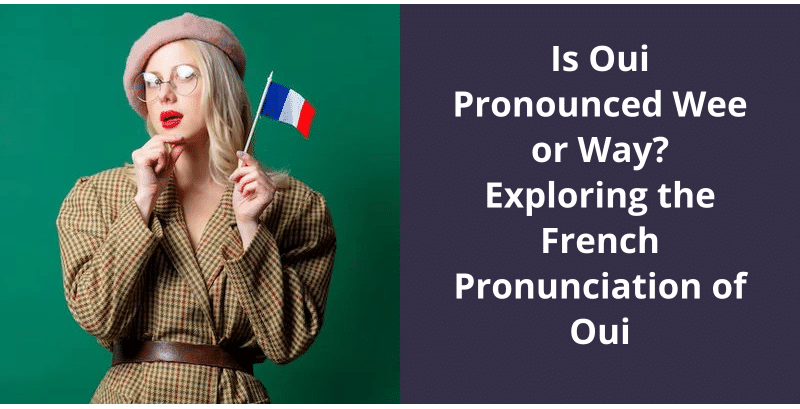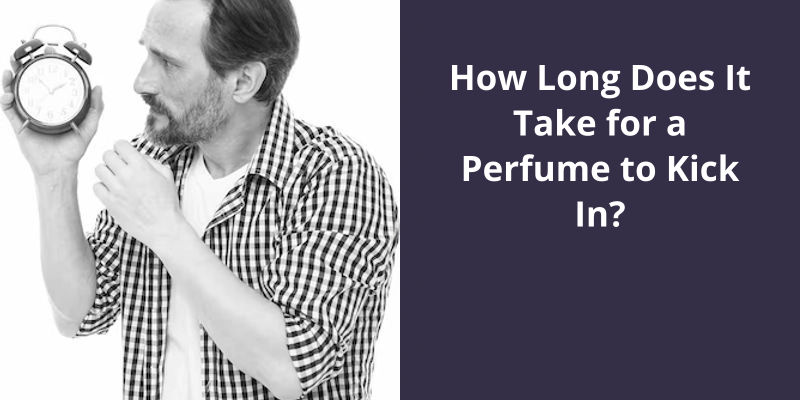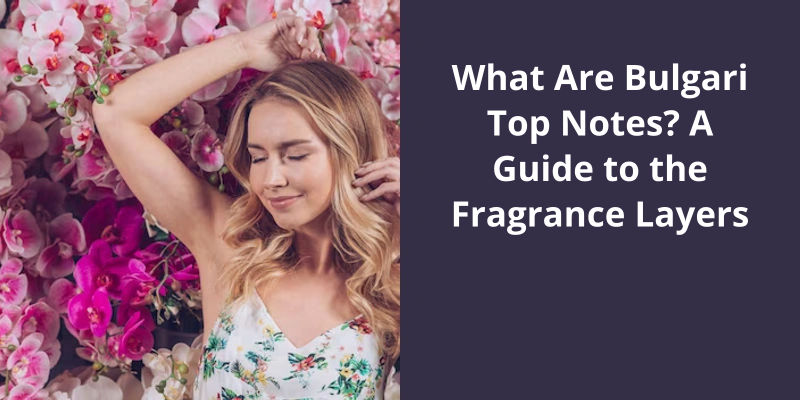Perfume and fragrance have been an integral part of our lives since ages now. They’ve the power to uplift our mood, evoke memories, and even make us feel more confident. But have you ever wondered what the term "vol" means in perfume and how it affects the fragrance? The volume of an alcohol contained in a fragrance is indicated on the cover box of any commercial perfume. It’s usually between 70 to 90% for commercially available perfumes. However, there's more to it than meets the eye.
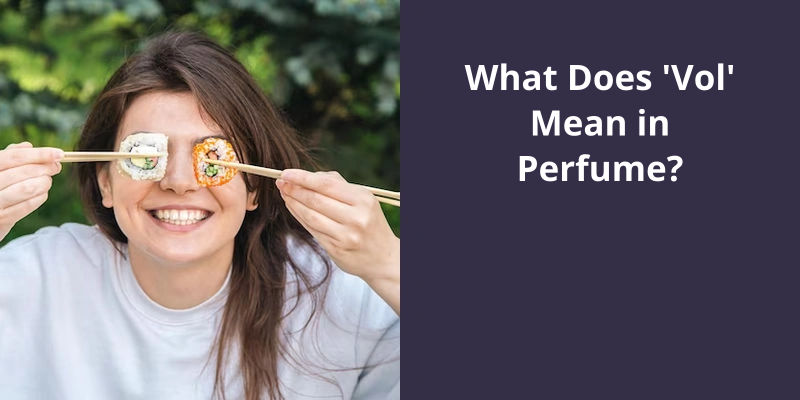
What Does 80% Vol Mean in Perfumes?
When it comes to buying perfumes, there are a lot of terms and abbreviations that can be confusing for the average person. One of these terms is “vol.”. This term refers to the volume of alcohol contained in the perfume. In most perfumes, this volume is around 80%, but it can range from 70% to 90% depending on the type of fragrance and the brand.
When perfumes are created, they’re made up of various ingredients, including fragrances, oils, and alcohol. Alcohol is used to dissolve the other ingredients and create a liquid that can be sprayed onto the skin. The higher the volume of alcohol in a perfume, the stronger the fragrance will be. However, alcohol can also be drying to the skin, so it’s important to use perfumes in moderation.
For example, the type of fragrance, the quality of the ingredients, and the way the perfume is applied can all make a difference. Additionally, fragrances can smell different on different people based on their body chemistry.
It can give you an idea of the strength of the fragrance, but it’s important to also consider other factors like the type of fragrance, the quality of ingredients, and how it interacts with your body chemistry. By taking all of these factors into account, you can find a perfume that not only smells great but also wears well.
The Differences Between Eau De Parfum, Eau De Toilette and Other Types of Fragrances, Along With Their Corresponding Alcohol Content.
- Eau de parfum: contains 15-20% concentrated perfume oil and 80-85% alcohol.
- Eau de toilette: contains 5-15% concentrated perfume oil and 85-95% alcohol.
- Eau de cologne: contains 3-8% concentrated perfume oil and 80-90% alcohol.
- Eau fraiche: contains 1-3% concentrated perfume oil and 97-99% alcohol.
When it comes to describing perfume, there are numerous words that can be used to capture the essence of this aromatic product. However, three words that immediately come to mind are fragrance, redolence, and scent – all of which evoke a sense of pleasantness and appeal. While these words may be synonymous with each other, there are subtle differences in their meanings that distinguish one from the other. Therefore, understanding the nuances of each word can help one better appreciate the allure of perfume and it’s unique characteristics.
What Are 3 Words to Describe Perfume?
Perfume is one of the most popular fragrance products used worldwide, and it’s been around for centuries. The art of creating perfume is a delicate process that requires extensive knowledge and experience. There are various ways to describe the scent of perfume, but the most common synonyms are fragrance, redolence, and scent.
When you smell perfume or any other fragrance product, you immediately recognize it’s unique characteristics. Three words that could be used to describe perfume are alluring, enchanting, and captivating. Perfume has an alluring quality that appeals to your senses, making it impossible to resist. It’s enchanting note evokes the artist in you, stimulating your curiosity. Finally, it’s captivating scent captures your heart, making you feel confident and self-assured.
Perfume is a fragrance product that can convey different moods and emotions depending on the scent. The choice of perfume varies depending on an individuals preferences, personality, and lifestyle. Some people prefer softer scents, while others prefer something bolder and heavier. Some people also choose different scents for different occasions, such as a fresh and light scent for daytime wear, or a musky and spicy scent for evening wear.
The complexity of perfume comes from the combination of various notes such as top notes, heart notes, and base notes. Top notes are the first scent you smell when you spray the perfume, and they tend to evaporate quickly. Heart notes are the main essence of the perfume, and they last for several hours. Base notes are the final scent that you smell, after the other notes have evaporated, and they hold the scent altogether.
Perfume is a perfect gift idea for your loved ones, and it can be a symbol of your affection for that person. Choosing the right scent for someone can be tricky, but it’s worth it in the end. Whether you go for a soft floral scent or a musky, woody scent, perfumes can be an excellent way to express your feelings.
Source: 21 Synonyms & Antonyms of PERFUME – Merriam-Webster
Now that we understand the basics of how fragrances are created, it’s important to know how to determine the strength of a perfume. After all, a strong fragrance can be overpowering in certain settings, while a weak fragrance may not be noticeable enough. So, how can you tell if a perfume is strong or not? There are a few key factors to keep in mind that we’ll explore in the next section.
How Do You Know if a Perfume Is Strong?
When searching for a strong perfume, it’s important to consider the concentration of perfume oil. Fragrances with higher concentration of perfume oil give off a more potent scent when compared to those with lower concentration. Fragrances with lower concentration are often sold as eau de toilette or cologne, meaning the perfume oil concentration is between 5-15%. These fragrances are lighter and tend to last for fewer hours.
Another way to test a perfumes strength is to spray a small amount onto your wrist or neck and observe how long the scent lingers. A strong perfume tends to linger for a longer duration, whereas weaker fragrances fade relatively quickly. It’s important to note that many factors such as body temperature, skin type, and external environments can influence a perfumes strength and longevity, so it’s always best to test a perfume before purchasing.
The fragrance category also affects how strong a scent is. Floral and citrus-based fragrances tend to be lighter, whereas oriental and woody fragrances tend to be stronger and more long-lasting. However, this can vary from product to product and from person to person, as individual scent preferences and body chemistry play a critical role in determining how strong a perfume is.
You can also look for specific notes in the perfume that have a reputation for being exceptionally long-lasting. Vanilla and musk, for example, are often used to enhance a perfumes longevity, so perfumes with heavy notes of these ingredients may be stronger. The concentration of the note also plays a significant role in how strong the perfume will be.
It’s best to try a wide variety of scents to find the one that matches your vibe the best, whether it be strong or subtle.
Tips for Selecting a Perfume That Suits Your Personality and Lifestyle
- Consider the notes of the perfume. Choose scents that you like and that complement your skin’s natural scent.
- Think about the occasion or event you’ll be using the perfume for. Lighter scents are ideal for daytime while heavier scents work best for evening events.
- Determine your personality type. If you’re bubbly and outgoing, a light and floral scent may be perfect. If you’re more reserved, a musky scent may be more your style.
- Try before you buy. Test the perfume on your skin before purchasing to see how it mixes with your body chemistry.
- Consider the season. Summery scents with citrus and floral notes work well for warm weather while spicy scents are ideal for cooler months.
- Take your budget into consideration. Higher-end perfumes may be of better quality, but there are also great affordable options available.
- Avoid buying a perfume solely because it’s trendy. Choose a scent that you genuinely enjoy and that makes you feel confident.
When it comes to describing scents, one of the most commonly used words is “strong.” A strong perfume smell can be described in many ways, each with their own connotations and associations. Some might describe it as rich, evoking thoughts of luxury and decadence. Others might use words like pungent or pong, suggesting a more unpleasant, overpowering quality. Regardless of the specific language used, the intensity of a perfume’s scent is a key factor in how it’s perceived and experienced. But there are other qualities that can also play a role, from the individual notes and ingredients to the overall impression that it creates.
How Would You Describe a Strong Perfume Smell?
A strong perfume smell is one of the most recognizable sensations in the world. It’s the kind of scent that can instantly transport you to another place or time, evoking strong emotions with just a single whiff. What makes a perfume smell strong is the intensity of the fragrance.
Pungent is another word used to describe a strong perfume smell. Unlike “rich,” it’s a more negative descriptor that can suggest a harsh or overwhelming scent. A pungent perfume smell can overwhelm the senses and leave you feeling disoriented. In some cases, it can be outright unpleasant, like the smell of rotten food or garbage.
“Pong” is a more casual descriptor thats often used to describe a strong, unpleasant scent. It’s the kind of smell that you cant ignore and lingers in the air long after the source has been removed.
So the next time you catch a whiff of a potent fragrance, take a moment to appreciate it’s intensity and complexity.
How to Choose a Perfume Strength That Works for You
To choose a perfume strength that works for you, start with lighter concentrations like Eau de Cologne or Eau de Toilette if you prefer a more understated scent. If you want a stronger, longer-lasting fragrance, try a heavier fragrance like Eau de Parfum or perfume. Test different strengths on your skin to determine which concentration works best for your body chemistry and personal preference.
Now that we know the percentage of essential and/or fragrance oil present in perfume, it’s important to understand the different types of perfumes available in the market. While perfume (parfum) contains the highest percentage of essential and/or fragrance oil, there are other options like Eau de parfum (EDP) and Eau de toilette with varying percentages of oil. Let’s explore these options in more detail.
What Percentage of Oil Is in Perfume?
This concentration is slightly less than perfume, but still provides a long-lasting scent. Eau de toilette (EDT) is approximately 5-15% essential and/or fragrance oil. This concentration is less expensive and provides a lighter scent that may need to be reapplied throughout the day. Finally, eau de cologne (EDC) is approximately 2-4% essential and/or fragrance oil.
The percentage of oil in perfume is important because it directly affects the strength and longevity of the scent. Higher concentrations of essential and/or fragrance oil will provide a stronger scent that lasts longer on the skin. Perfumes with lower concentrations of oil will provide a lighter scent that may need to be reapplied throughout the day. The higher the concentration of oil, the more expensive the perfume may be due to the cost of the raw materials.
When creating a perfume, perfumers will carefully consider the concentration of essential and/or fragrance oils to use. They may also use various techniques to help the scent last longer on the skin, such as adding fixatives or using specific fragrance notes that have a longer lifespan. The final product will be a carefully crafted blend of ingredients that creates a unique and long-lasting scent on the wearers skin.
Regardless of the concentration of oil, perfume remains a popular and luxurious way to add a unique scent to ones personal style.
Perfumers carefully consider the percentage of oil when creating their fragrances, resulting in a variety of options for consumers to choose from.
The History of Perfume and It’s Evolution Over Time
Perfume has a long and rich history that’s evolved over centuries. From ancient Egypt to modern times, humans have used perfume for various purposes such as religious ceremonies, social status, personal hygiene, and aesthetics. Perfume-making techniques and ingredients have changed over time, influenced by various factors such as cultural influences, trade, technology, and scientific advancements. Today, perfume is a multi-billion-dollar industry that uses a variety of natural and synthetic ingredients to create fragrances for different genders, occasions, and preferences.
Conclusion
This small detail on the perfume box can help individuals determine the intensity and longevity of the scent. With an average of 70 to 90% alcohol content, it’s clear that the concentration of fragrance is a critical component of the perfume-making process.


